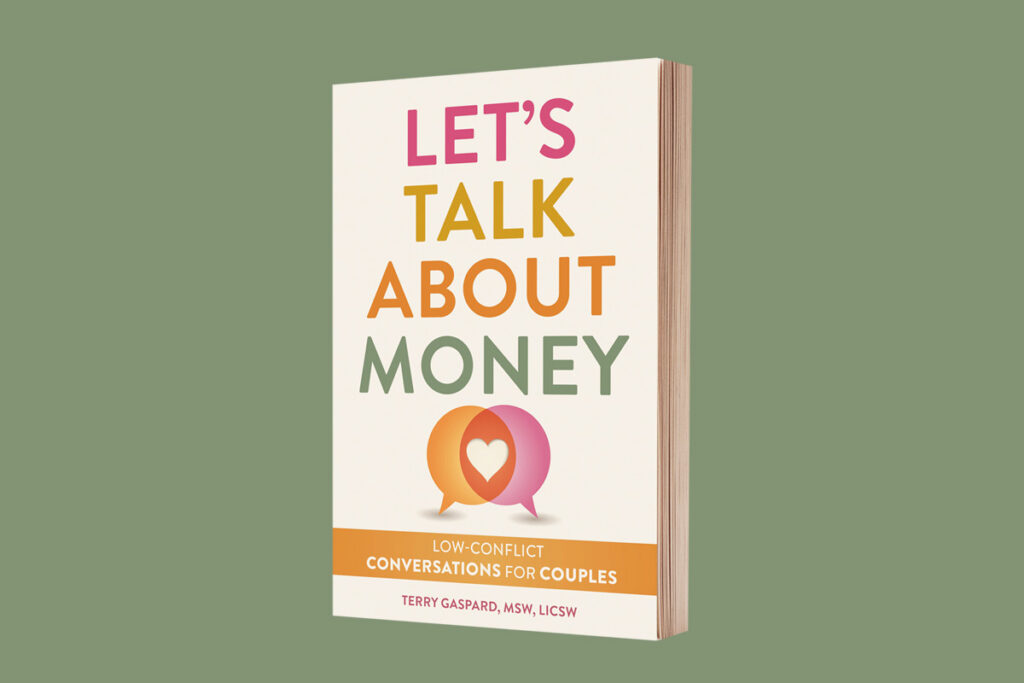National Domestic Violence Hotline
If you’re in an abusive relationship, you are not alone. Call the National Domestic Violence Hotline at 1−800−799−7233 or TTY 1−800−787−3224. You can also visit the website.
Most people try to avoid conflict at all costs. However, even in healthy relationships, things can escalate. It is hard to navigate through an environment that often feels like chaos and confusion. Let’s identify what high conflict looks like and give specific tips to self-soothe during and after.
What does high conflict feel like?
High conflict feels overwhelming to your nervous system. Stimuli is loud and intrusive, causing your body to react (e.g., flooding). For example, you may experience feeling hot, tension in your muscles, a clenched jaw, and a racing heart rate. You may be unable to access the “smart” part of your brain. This is because, when you feel unsafe (emotionally or physically), you often operate from the “instinct” part of the brain, which triggers the fight, flight, freeze, or fawn response.
It may feel like conflict happens out of nowhere, but there is often a build-up that leads to this moment. More than likely tensions have been building for a day or so before the conflict without a solution.
The best way to avoid this is to take care of smaller issues as they arise and set up time to tackle larger issues instead of sweeping them under the rug.
You find yourself in a high conflict, now what?
Despite your best efforts, you may find yourself in a high conflict situation. So, what should you do? First, identify what is happening. Many times, these conversations start off at a reasonable level and escalate. It is not always easy to realize right away that the conversation has become unproductive.
Use these questions to help identify where you are:
- Are you unable to process what is being said?
- Are you listening just to respond instead of listening to understand?
- Are you and your partner name-calling or displaying other aggressive behaviors like invading personal space while yelling, throwing items, and physically touching in an unwelcoming way?
If the answer is yes to one or more of these questions, you are in a high conflict situation.
At this point, take a moment to honor your recognition and promptly change your environment. Let your partner know that you feel the conversation is no longer productive and you need a break. You can go to another room or go outside to get fresh air.
Once you are in a different environment, practice deep breathing. Breathe in through your nose for a count of 4, fully extending your torso including your back, hold for a count of 2, and slowly exhale through your nostrils for a count of 6. Repeat as many times as you need.
Next, remind yourself of your truths with affirmations. Here is one to get you started: I am in my body, I am loved, and I am grounded and supported.
These three steps (leaving the environment, breathing, and self-affirmation) can help you break the cycle of your “instinct” brain.
How to Self-Soothe
Now that you have access to your “smart” brain, you can choose from several of the following self-soothing techniques:
Self-soothing touch. There are a few ways you can administer self-soothing touch. Giving yourself a hug is one of my favorites. From an upright sitting position, stretch your arms out wide with an inhale. On your exhale, cross your arms around you with your right arm underneath. Take 3 deep breaths with your arms crossed like this before inhaling your arms out again and exhaling crossing your arms around you with your left arm underneath, taking 3 deep breaths.
- Listen to calming music. Soothing music helps calm you down from an overloaded nervous system. Try to pick something with a slower beat to help your heartbeat return to normal.
- Go for a walk. Mindfully walking is walking while taking in the surroundings with all your senses and making observations about the world around you without judgment.
- Engage in your favorite self-care activity. Whether it’s a warm shower or bath, your favorite stretches for relaxation, guided meditation, or smelling your favorite pleasant smells like lavender.
Final Thought
High conflict situations are never pleasurable. However, once you identify what’s going on, remove yourself, and practice self-soothing, you can help find a way to a long-lasting solution. Be sure to return to the conversation once both parties are in the right space to give and receive in a nonjudgmental way. If you feel like you and your partner need assistance, do not hesitate to reach out to a therapist who can help you navigate complicated disagreements.
Learn what to do when you are feeling “Flooded” with this Gottman Relationship Coach program Making Up After an Argument.
The Gottman Relationship Adviser, the world’s first complete relationship wellness tool for couples takes the guesswork out of improving your relationship. Measure your relationship health with a research-based self-assessment, then receive a tailored digital relationship plan proven to heal and strengthen your connection.
For an in-depth analysis of your relationship health check out the Gottman Assessment, a virtual relationship evaluation tool for couples.
Check out the free relationship quiz for couples.







